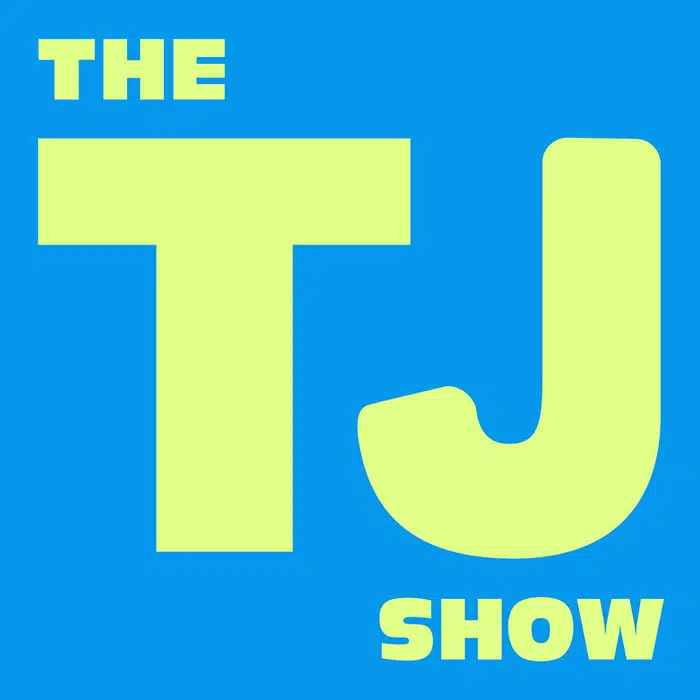By Rae Wee
SINGAPORE (Reuters) -Asia shares hit their highest level in more than three years on Friday as they tracked a Wall Street rally, though the dollar struggled on concerns about the Federal Reserve’s independence and expectations for early rate cuts.
Stock indexes worldwide look set to end the week on a positive note, with worries about tensions in the Middle East and uncertainty over tariffs and trade deals on the backburner for now.
MSCI’s broadest index of Asia-Pacific shares outside Japan touched its strongest level since November 2021 early in the session. It last traded 0.2% higher and is set to clock a 3% gain for the week.
Japan’s Nikkei jumped 1.5% and surpassed the 40,000 mark for the first time in five months.
Reasons for the upbeat mood included news that Washington has reached an agreement with Beijing on how to expedite rare earth shipments to the United States.
U.S. Treasury Secretary Scott Bessent also said on Thursday that he has asked Republicans in Congress to scrap the Section 899 retaliatory tax proposal from their tax and spending bill after Washington reached an agreement with Group of Seven industrial countries.
“That was something that had been making some investors, especially foreign investors, nervous when that provision was passed by the House. So if that provision gets removed, then that allays one of the concerns from foreign investors,” said Khoon Goh, head of Asia research at ANZ.
“The cumuluation of these various… positive developments all helped to contribute to the buoyant market mood we’re seeing.”
European futures also gained, with EUROSTOXX 50 futures and DAX futures both up 0.6%, while FTSE futures advanced 0.16%.
U.S. stock futures were little changed, though Wall Street had on Thursday closed near record highs, further supported by expectations of imminent Fed rate cuts.
FED CUTS COMING
Much of the focus for markets over the past two sessions has been on the prospect of an early change of guard at the Fed, after the Wall Street Journal reported that U.S. President Donald Trump has toyed with the idea of selecting and announcing Fed Chair Jerome Powell’s replacement by September or October.
That knocked an already battered dollar even lower as traders fretted about an erosion of Fed independence and as they moved to price in more U.S. rate cuts this year.
The dollar languished near a 3-1/2-year low on Friday and was headed for a 1.4% weekly loss, its largest decline in over a month.
For the year, the greenback is already down more than 10% and if it stays that way in the next few days, that will mark its biggest first half-of-a-year fall since the start of the era of free-floating currencies in the early 1970s.
Against a weaker dollar, the euro was perched near its highest in over three years at $1.1688. Sterling rose 0.03% to $1.3730.
“Trump’s desire to ‘shadow’ the Fed using a designated replacement for Chair Jay Powell isn’t a good way to promote the perceptions of integrity and autonomy in U.S. policymaking and, by extension, that of the reserve currency status of the U.S. dollar,” said Thierry Wizman, global FX and rates strategist at Macquarie Group.
Adding to the Fed cut bets has been a raft of weaker-than-expected U.S. economic data, with attention now shifting to Friday’s release of the core PCE price index, the U.S. central bank’s preferred measure of inflation.
U.S. Treasury yields were steady in Asia after falling the previous session, with the two-year yield at 3.7418% and the benchmark 10-year yield last at 4.2554%.
In commodities, oil prices were set for a weekly decline with the Iran-Israel ceasefire holding and easing concerns over Middle East supply risks. [O/R]
Brent crude futures were up 0.41% at $68.01 a barrel while U.S. crude rose 0.46% to $65.53 per barrel on Friday, but both were headed for a fall of more than 10% for the week.
Spot gold fell 0.23% to $3,320.25 an ounce. [GOL/]
(Reporting by Rae Wee; Editing by Edwina Gibb)






Comments